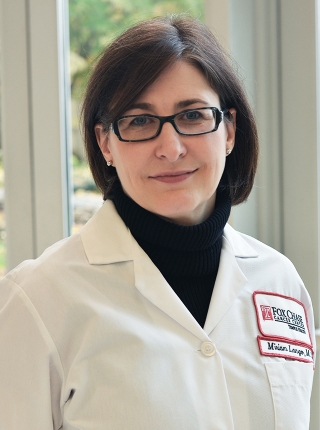
PHILADELPHIA (November 5, 2018) — According to a new study, individuals living in rural areas are at greater risk of developing laryngeal cancer compared to those living in urban areas, though overall survival did not differ significantly between the two groups. The paper appears in The Laryngoscope, a peer-reviewed journal of the American Laryngological, Rhinological, and Otological Society.
Miriam N. Lango, MD, FACS, medical director of the Speech Pathology Service at Fox Chase Cancer Center, led the study. Among her findings, socioeconomic variables, including insurance status, had a greater impact on outcomes than geography or race.
She also reported that there are more total diagnoses of laryngeal cancer among urban populations, because many more people live in urban areas.
“Living in a rural area by itself does not increase individual risk for laryngeal cancer, but many risk factors seem to be concentrated in rural populations,” said Lango. “These include current or former tobacco use, lower socioeconomic status, and access to health care services.”
Lango said that future studies should evaluate the role of healthcare systems in providing community education and screening for head and neck cancer, as well as factors that affect the delivery of specialized healthcare services to rural populations.
Cancer of the larynx comprises less than one percent of new cancer diagnoses in the United States each year. The National Cancer Institute estimates there will be 13,150 new cases diagnosed this year.